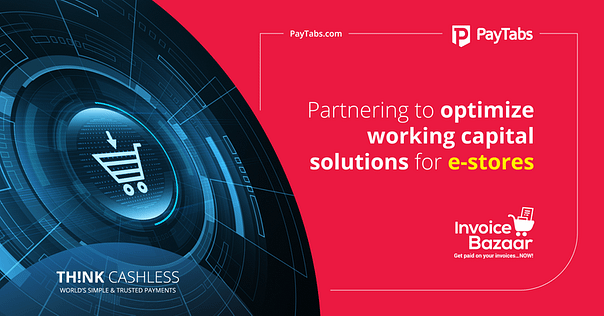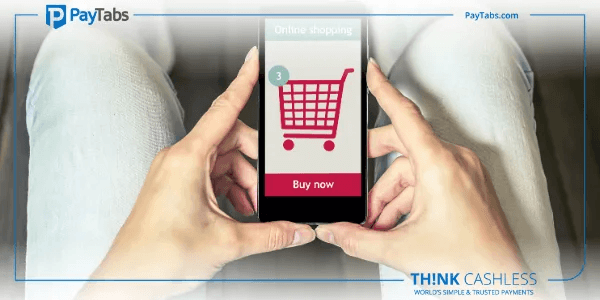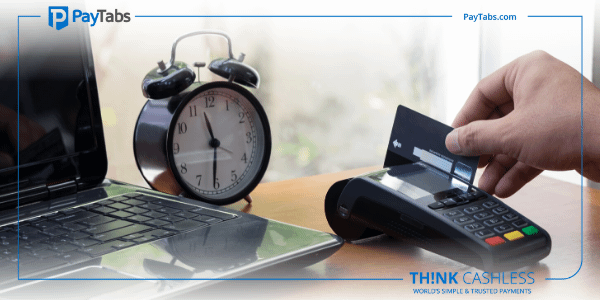PayTabs Shakes Hands with Invoice Bazaar to Offer Working Capital Solutions

PayTabs is a leading payment gateway for businesses in Middle East. The processor mainly offers services to small and medium enterprises, helping them grow their business through a simple and secure online payment process. In order to further enhance its services, the company has now collaborated with Invoice Bazaar. This new collaboration is especially impactful in today’s work environment where businesses are facing multiple issues due to the outbreak of COVID-19 pandemic.
The Benefits
The collaboration between these market innovators seeks to provide cutting-edge support to their clients.
- Crisis Management: Currently, businesses are facing a lot of issues due to the onslaught of a highly unexpected situation. However, the use of technology and relevant tools can help in minimizing losses caused. These tools may also help businesses in optimizing the use of their resources. The tie-up between PayTabs and Invoice Bazaar can go a long way in this direction. Now, merchants will be able to obtain economical working capital funding through the help of Invoice Bazaar.
- Liquidity and Asset Management: The COVID-19 outbreak has impacted the businesses in a profound manner. This impact is even more palpable in the case of small and medium sized enterprises. According to IFC World Bank, these enterprises account for more than 50 percent employment and 90 percent of businesses globally. The collaboration between PayTabs and Invoice Bazaar seeks to provide working capital services to this segment. The businesses will be able to carry out mobile and online payments using PayTabs platform while Invoice Bazaar will assist with microfinancing activities.
- Easy Operations: PayTabs and Invoice Bazaar offer an integrating platform for carrying out different operations. With Invoice Bazaar services, the existing client base of PayTabs in the UAE will be able to cash in their receivables in a prompt manner. They will also be able to carry out their online and mobile transactions in a more efficient mode. Further, the tie-up also offers a wide range of other services such as streamlined electronic invoicing and PayTabs comprehensive business manager dashboard.
- State of the Art Technology: The collaboration brings forth many tools for serving its client base. The dashboard allows the businesses to handle their operations from a centralized location. It also helps in keeping proper track of all the expenses and incomes. Invoice Bazaar offers unique working capital solutions and MSMEs can ensure optimal utilization of their resources with the help of such solutions. The tie-up will also help in carrying out ecommerce activities and aid online payment. Due to the ongoing pandemic, the demand for online shopping has shot up as well.
About Invoice Bazaar
Invoice Bazaar is a FinTech company which is engaged in the receivables finance segment. The main aim of the company is to provide services to SMEs with regard to their working capital requirements. This is an essential service as several businesses are undergoing liquidity crisis on account of the current pandemic. These services are vital to ensure their survival.
Invoice Bazaar uses its in-house technologies and technology platform to provide state-of-the-art services to its clients. The company team has more than 50 years of experience in this domain and has offered its services to various multinational concerns such as Goldman Sachs, HSBC and Citi. So far, it has disbursed over AED 0.5 billion to its MSME clients. The company was bestowed with “MENA FinTech of the Year” award in 2019.
About PayTabs
PayTabs is a B2B payments solution provider. The company processed its first live payment in June 2014 and since then has come a long way. PayTabs now offers its services in 168 currencies through its integrated services platform. The company serves over 49 industries through its API plugins and Plug & Play features. PayTabs services are designed to help businesses save their time and money, optimizing the utilization of their resources.
PayTabs has dedicated offices in Saudi Arabia, the UAE and Egypt. These offices enable the company to lend a local touch to its services. It can further customize its products and services to meet your business’s distinct requirements in a more holistic manner.









 About the author
About the author